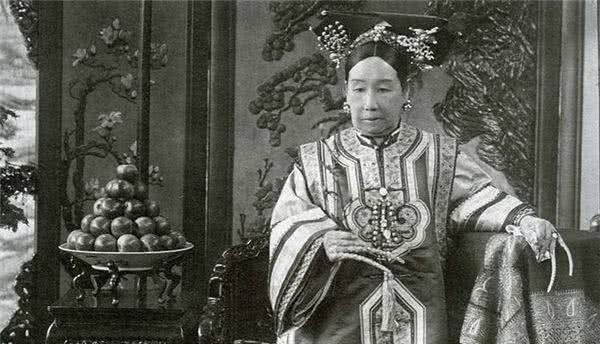After the Eight-Nation Alliance entered Beijing, Cixi fled west in a hurry, without even bringing the Yulin Army, who would guarantee her safety?
I believe that readers who have watched costume dramas have some understanding of the ancient Chinese dart game. In ancient times, the dart bureau began with a few martial arts practitioners, setting up stalls on a major traffic artery and letting passing merchants let them take up the job of guarding. When these people had a certain economic foundation and fame, they gradually began to set up what everyone called a dart board. In ancient times, the Dart Bureau and the Imperial Palace Royal Forest Army had many similarities, such as they all relied on their own martial arts to protect the personal and property of the protected objects.

Although Cixi did not bring a large number of escort troops on his westward journey, he was accompanied by the Great Inner Guards, and Gong Baotian, the leader of the Great Inner Guards, was rewarded with the "Yellow Horse Coat" because of his meritorious escort. When Cixi and the others arrived at Xizhimen, a group of men and horses caught up, which was a group of officers and soldiers carried by Ma Yukun, about 700 people (and then caught up with some, a total of more than 1,000 people). Ma Yukun saw Cixi and claimed to have come to escort him, and Cixi was greatly moved and ordered him to flee with him.
At that time, Cixi also hired the famous Li Jia Dart Bureau, first of all, no matter what Li Jiawei's name was, the dart bureau made people feel extraordinary. In ancient times, rich people who sent things would find the dart bureau, and the dart bureau that could be established could be imagined that the jianghu forces were still very strong, and the reputation of the Li family dart bureau at that time was very good, and the black and white roads were all eaten, so it was the best candidate for Cixi.
After that, the Li Family Dart Bureau was even more famous, and its value soared, until the Republic of China period gradually lost. Secondly, the introduction of new weapons into China had an impact on traditional martial arts, and it was difficult to ensure the safety of people and goods by relying on a martial art; finally, the rise of railway transportation became the main factor in decline, which was also a microcosm of the Qing Dynasty dart bureau. After all, the warlords of the Republic of China period were not as easy to deal with as the original bandit county taiye.